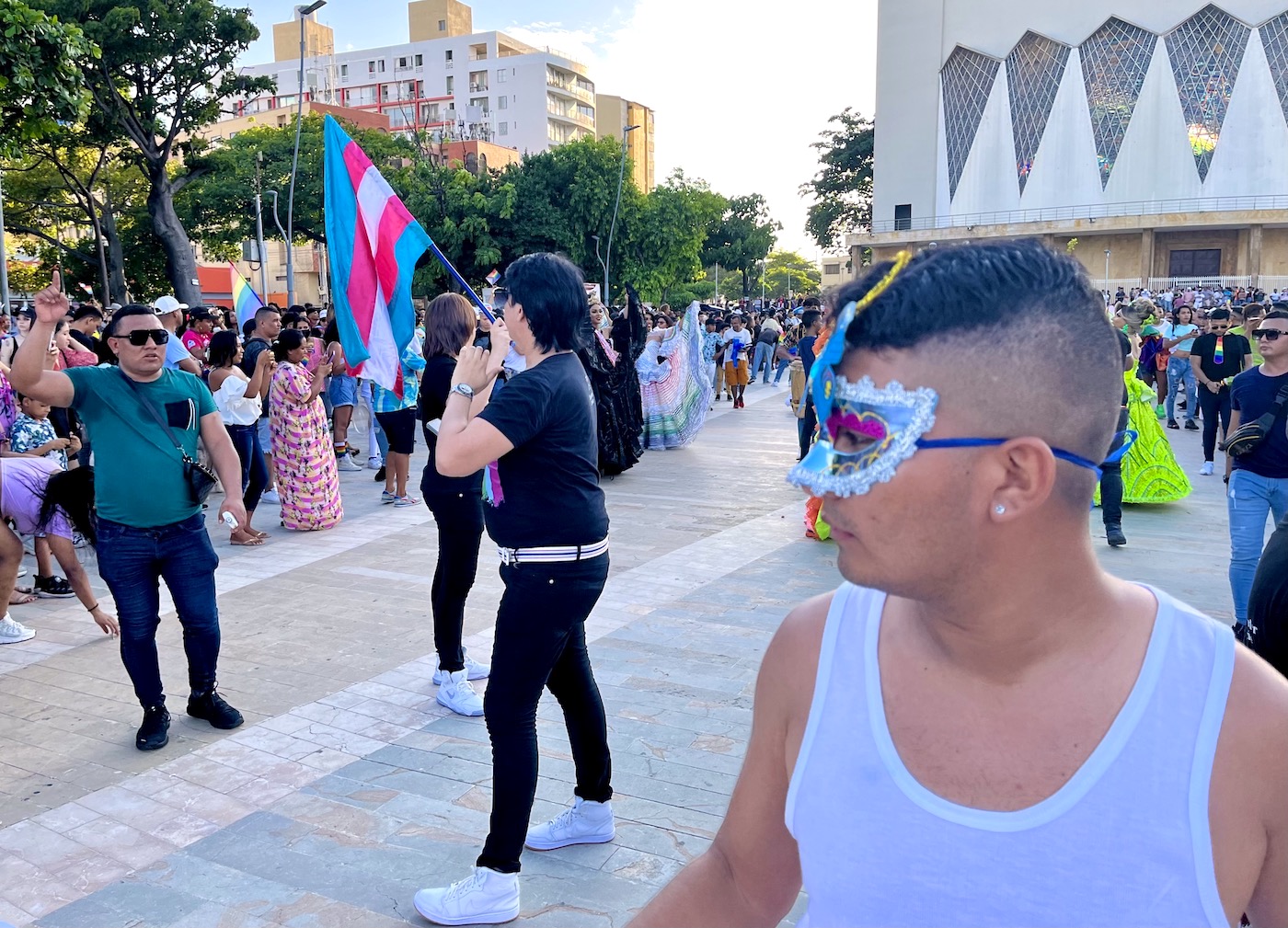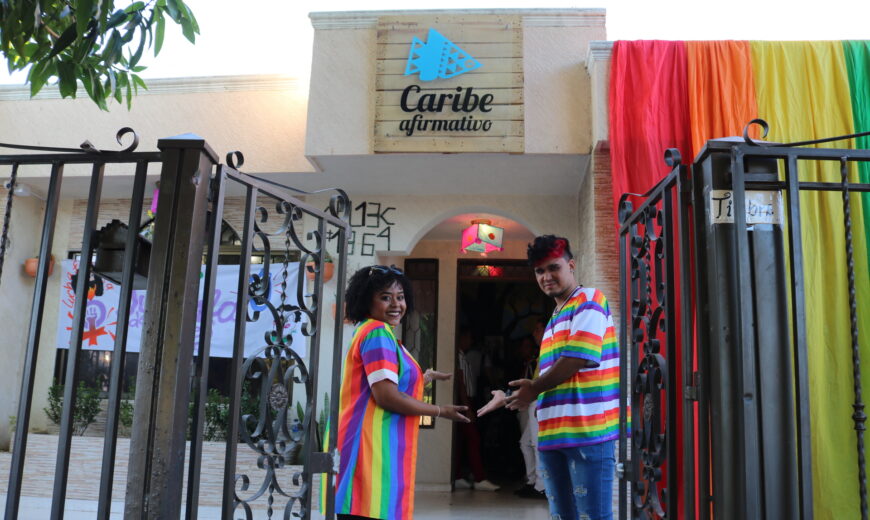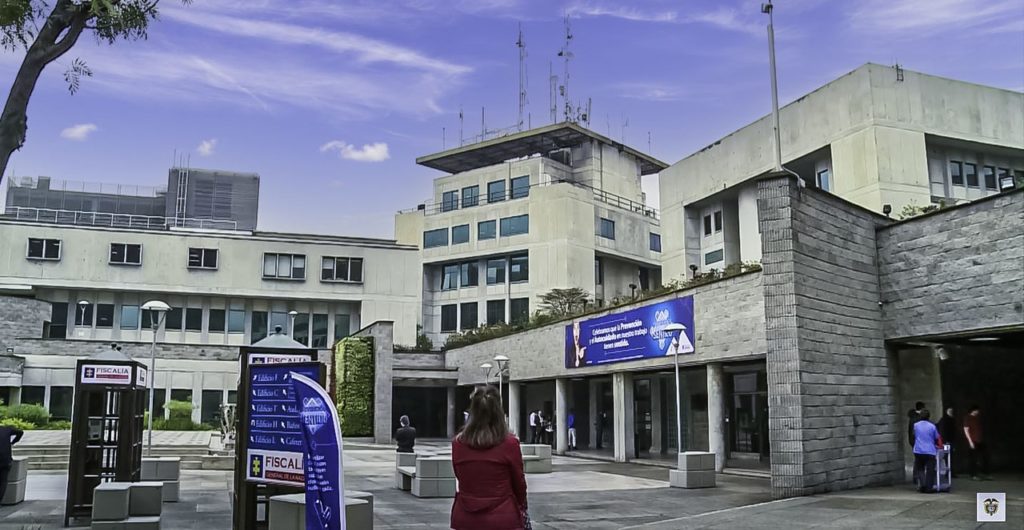
Every two days, an LGBTQ person is murdered in Colombia. This is the main conclusion of the study “Uncountable: without registration, there is no memory,” presented yesterday, March 20, in Cartagena, by Caribbean Affirmative, on the human rights situation of the LGBTQ community in Colombia in 2023. While these incidents starkly highlight the ongoing challenges faced by the LGBTQ community, the motives behind these killings often remain unclear. Despite Colombia’s progressive legal framework aimed at protecting LGBTQ rights, establishing a direct connection between the victim’s sexual orientation or gender identity and the reasons for their murders is not always straightforward.
During the year, 156 homicides of people with diverse orientations, identities, or gender expressions were registered. This means that every 56 hours, or a little more than two days, a murder is committed against LGBTQ people. Another serious revelation of the report is that, of these cases, only 20 are in the trial stage, that is, only 13.28% have advanced towards the clarification of the facts. In addition, the figure increased concerning the 145 cases that were reported in 2022.
Violence that does not stop
Despite the important change that Colombia, like the rest of the world, has experienced in the last two decades regarding respect for the rights of LGBTQ people, there is continuing violence. The country has one of the most advanced laws in the world regarding the protection of this group, but social discrimination is still important, and violence against some of its members is unstoppable.
Sexual diversity in Colombia today is a fact. Homosexuality was decriminalized in 1981, and in the last forty years, many legislative and social improvements have taken place. In line with the rest of the world, the advancement of rights and legal protection in Colombia reaches one of the highest standards on the planet.
Between 2015 and 2016, the country approved same-sex marriage and authorized the adoption of minors for members of this group. There is also a battery of legislation for the protection of labor rights and against discrimination in all aspects. In short, the law does not establish any distinction concerning sexual relations between persons of the same sex.
Although the country has anti-discrimination laws, prejudice and discrimination against LGBTQ people continue to be present in a considerable part of Colombian society. Trans people are the most vulnerable, as they are the ones who face the most prejudice, violence, and discrimination from the population, with Colombia being one of the countries that report the most hate crimes against trans people in Latin America, along with Mexico and Honduras.

The challenge of visibility
Beyond the big cities, where conditions are somewhat better, the great challenge for the LGBTQ collective continues to be visibility in all areas of Colombian public life. The radical legislative transformation and the efforts of civil society have not managed to change the risk that these people run in certain geographical locations when they openly live their identity.
Visibility is still far from being normalized in the country as a whole, to the point of continuing to pose a mortal risk. This is what the corporation states in the report. In addition, there are other forms of violence that remain, such as threats, verbal aggression and physical violence; although the figure of 2,333 reported cases marks a decrease from 2022 figures, it is still alarming.
“This information is necessary to be able to create public policies that help prevent and eradicate violence towards LGBTQ people. If this data does not exist, the possibility for the State to carry out real and effective interventions that guarantee the life, safety and rights of LGBTIQ people will be very limited,” Cristian De la Rosa, the organization’s lawyer, explained to the newspaper El Espectador.
For his part, Wilson Castañeda, director of Caribbean Affirmative, told the same Colombian media that there is a structural problem in the databases of institutions such as the Prosecutor’s Office and Legal Medicine, which are not clear when it comes to collecting information that would allow them to really recognize the victims.

They denounce the “indifference” of the State
Spokespersons for the Caribbean Affirmative Collective state that their intention in presenting the report is to denounce the “indifference” of the State to these cases. For them, the attitude of the institutions does not help structural changes. They assert that despite the legal protection on paper, in reality, the violence continues.
“We want the report to serve as a public denunciation of the State, of institutions such as the Prosecutor’s Office, the Public Defender’s Office, the Attorney General’s Office, the Police, and other institutions. It is a denunciation of their lack of responsibility and of the deficiency in the information systems, and it points out the few guarantees that LGBTQ people have in the country for the resolution of all the violence of which they are victims”, emphasizes De la Rosa.
The demand, therefore, is for a change of attitude to accelerate the processing of complaints and to work effectively to prosecute attitudes of discrimination and verbal and physical violence that violate Colombian law.
In this way, according to the group, it will be possible to prevent this violence, which can range from discrimination, verbal offense, physical aggression, or death for reasons of sexual discrimination.
The challenge for Colombia, after being a regional benchmark in the liberal and open legislative model, is to recognize the situation and to implement the State’s resources to effectively combat these acts, with prevention and prosecution as flags.
See all the latest news from Colombia and the world at ColombiaOne.com. Contact our newsroom to report an update or send your story, photos and videos. Follow Colombia One on Google News, Facebook, Instagram, and subscribe here to our newsletter.

